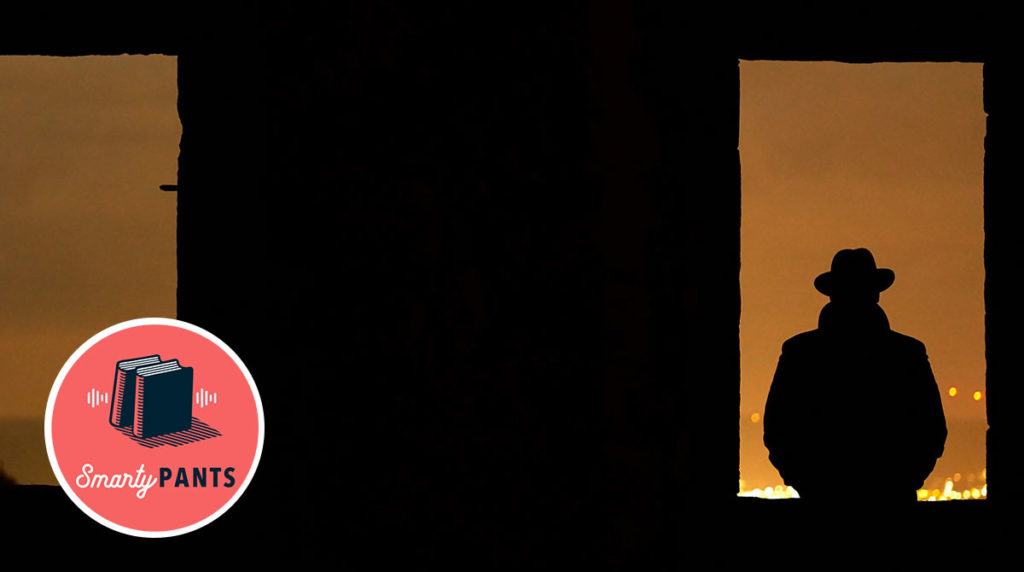
Stagger Lee is “The Baddest Man in Town,” as poet and critic Eric McHenry writes in our Spring 2021 issue. The man behind the myth—“Stack” Lee Shelton—was a real person, who did many if not most of the things ascribed to him in song (except, perhaps, go down to hell and take over for the devil). The bar, the hat, the gun, all have become mainstays of African-American folklore in the 120 years since Lee made his debut in song. McHenry joins us on the podcast for a look into the life and legend of Stagger Lee, which he exhumed through newly digitized newspaper records and troves of archival recordings—including the conversation between an elderly St. Louis musician and a 1970s graduate student that plucked Lee from a rich oral history tradition and back into the written record.
Go beyond the episode:
- Read Eric McHenry’s essay “The Baddest Man in Town”
- Compare the oldest known lyrics (from 1897) to Mississippi John Hurt’s definitive 1928 version—or Nick Cave’s depraved one
- Listen to our Spotify playlist of selected Stagger Lee renditions (here is the Beck cover mentioned)
- Read this primer on murder ballads, which can be found in all sorts of musical traditions, from African-American songs like “Stagger Lee” that are arguable precursors to gangsta rap to white Appalachian songs that drew on a Scots-Irish tradition
- Country murder ballads most often had women victims—which has led some female country musicians to flip the script
Tune in every week to catch interviews with the liveliest voices from literature, the arts, sciences, history, and public affairs; reports on cutting-edge works in progress; long-form narratives; and compelling excerpts from new books. Hosted by Stephanie Bastek. Follow us on Twitter @TheAmScho or on Facebook.
Subscribe: iTunes • Feedburner • Stitcher • Google Play • Acast
Download the audio here (right click to “save link as …”)
Have suggestions for projects you’d like us to catch up on, or writers you want to hear from? Send us a note: podcast [at] theamericanscholar [dot] org. And rate us on iTunes! Our theme music was composed by Nathan Prillaman.

